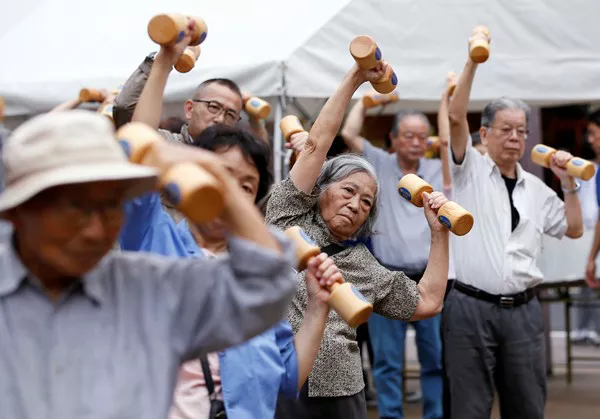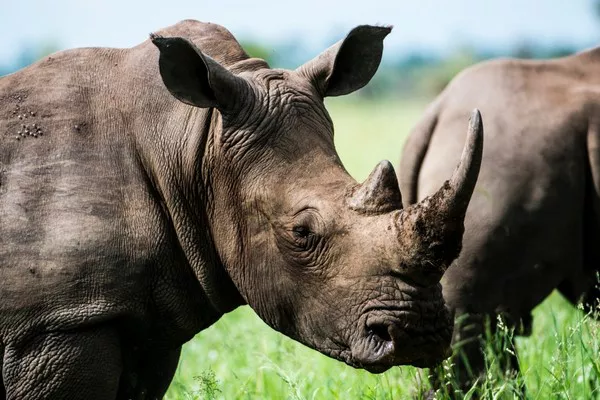Japan is renowned for being the country with the longest lifespan in the world. The Japanese people consistently boast impressive life expectancies, a fact that has captivated researchers, health enthusiasts, and the global community at large. As we delve into the realm of Japanese longevity, we’ll explore the average lifespan of men and women, identify the oldest individuals in Japan, and attempt to unravel the secrets behind this remarkable phenomenon.
Life Expectancy in Japan
Japan’s position as a global leader in life expectancy is well-established. According to the World Bank, the average life expectancy in Japan stands at approximately 84 years. This figure is a testament to the country’s robust healthcare system, advanced medical technology, and a culture that places a strong emphasis on healthy living.
Breaking down the life expectancy by gender, Japanese women tend to outlive their male counterparts. On average, Japanese women have a life expectancy of around 87 years, while men lag slightly behind with an average life expectancy of approximately 81 years. This gender gap is not unique to Japan and is observed in many parts of the world.
Living Legends: Japan’s Oldest Individuals
Japan is home to some of the world’s oldest individuals, celebrated as living legends and sources of inspiration for longevity enthusiasts globally. One such iconic figure is Kane Tanaka, who held the title of the world’s oldest living person. Born on January 2, 1903, Tanaka’s remarkable longevity has been recognized by the Guinness World Records.
Additionally, Jiroemon Kimura, who passed away in 2013 at the age of 116, held the title of the oldest verified man in recorded history. His life spanned three different centuries, and his story became a symbol of Japan’s exceptional longevity.
These individuals, along with many others who have crossed the centenarian threshold, have become symbols of the country’s commitment to healthy living and aging gracefully.
The Secrets of Japanese Longevity
The quest to unravel the secrets of Japanese longevity has captivated researchers and health experts worldwide. While longevity is a complex interplay of genetics, lifestyle, and healthcare, certain factors have been identified as contributing to Japan’s exceptional life expectancy.
Healthy Diet: Japanese cuisine, renowned for its emphasis on fresh, seasonal, and balanced ingredients, is often cited as a key factor in the country’s longevity. The traditional Japanese diet includes plenty of fish, vegetables, tofu, and rice. The consumption of nutrient-rich foods, along with mindful eating practices, is believed to contribute to overall health and well-being.
Active Lifestyle: Physical activity is deeply ingrained in Japanese culture. The practice of walking, cycling, and engaging in low-impact exercises is common among people of all ages. This commitment to an active lifestyle helps maintain cardiovascular health, muscle strength, and flexibility, contributing to a longer, healthier life.
Strong Social Connections: Social cohesion and a sense of community play vital roles in Japanese society. Strong family bonds, social networks, and community support contribute to emotional well-being and may have positive effects on physical health. The sense of belonging and support may act as a buffer against stress and loneliness.
Healthcare System: Japan boasts a world-class healthcare system that provides universal access to medical services. Regular health check-ups, preventive care, and early intervention contribute to the overall well-being of the population. The focus on preventive healthcare is a key element in the country’s success in promoting longevity.
Cultural Practices: Cultural factors, such as a strong work ethic, a focus on education, and a respect for the elderly, also contribute to the overall well-being of the population. These cultural values create an environment that supports a sense of purpose and fulfillment throughout one’s life.
Low Obesity Rates: Japan has historically had lower obesity rates compared to many Western countries. The combination of a healthy diet and an active lifestyle contributes to weight management and reduces the risk of obesity-related diseases.
While these factors provide insights into the secrets of Japanese longevity, it’s crucial to recognize that individual experiences and genetics also play significant roles. Moreover, as lifestyles evolve and societies change, Japan faces its own set of health challenges, including an aging population and the potential impact of modernization on traditional health practices.
Conclusion
In conclusion, Japan’s status as the country with the longest lifespan is a testament to the multifaceted interplay of culture, lifestyle, and healthcare. The Japanese people have shown that a combination of healthy habits, a supportive environment, and access to quality healthcare can contribute to a longer and more fulfilling life. As the world continues to explore the keys to longevity, Japan remains a fascinating case study and a source of inspiration for those seeking to unlock the secrets of a long and healthy life.
You Might Be Interested In:


























